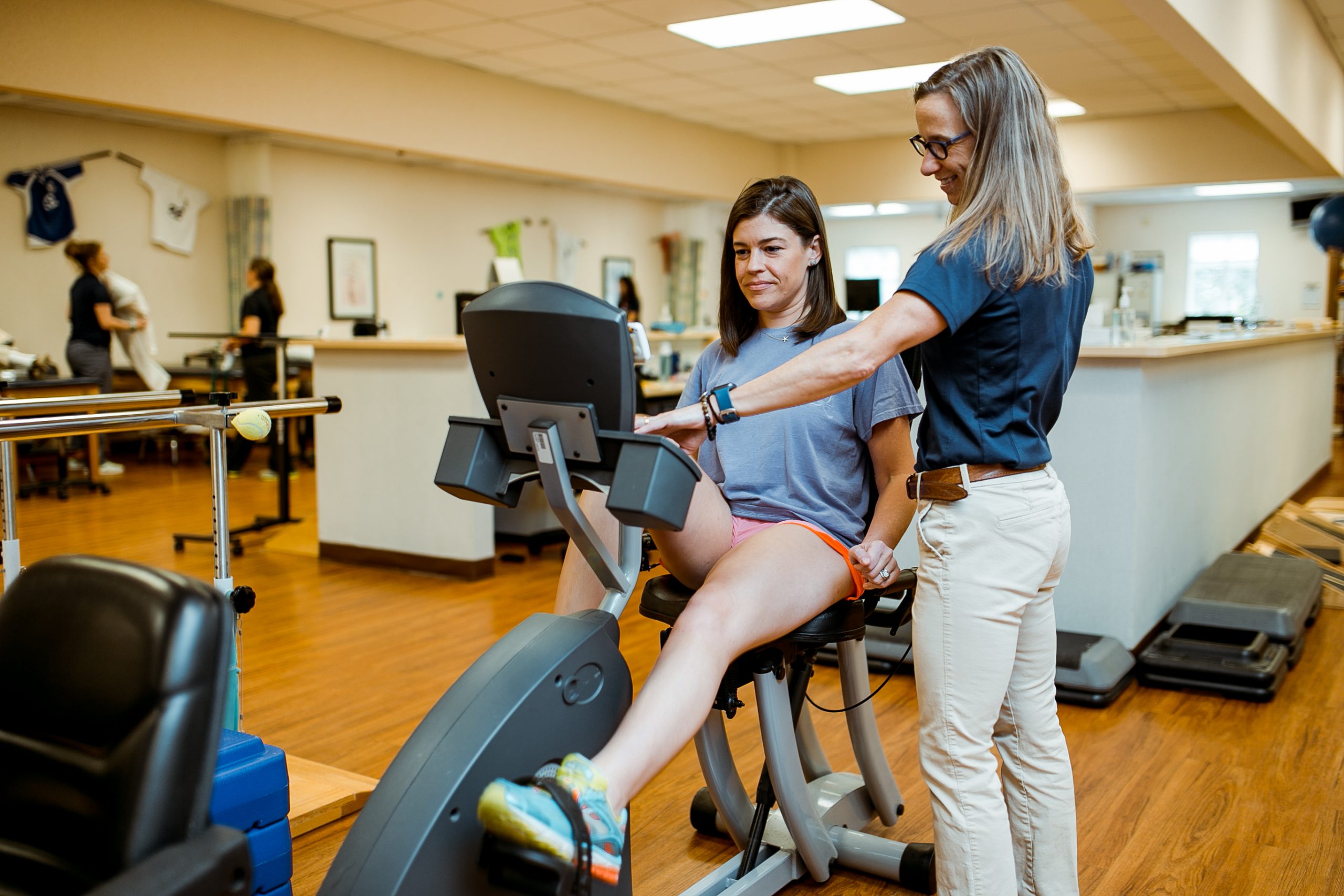Utilizing the Strength of Protein for Effective Muscular Repair After Trauma
Wiki Article
Muscular injuries can be quite common, especially in sportspeople or those who engage in consistent fitness activity. When a muscle sustains damage, the body undergoes a recovery procedure that often needs specific nutrients to aid in recovery. One of the key important nutrients for muscle restoration is protein. Protein plays a crucial part in repairing injured tissue, restoring muscle fibers, and promoting overall healing after an accident. Grasping the significance of proteins can help individuals make better decisions for their nutrition during the recovery procedure.
Proteins is made up of smaller units called amino acids, which are essential for multiple roles in the system. There are 20 different amino acids, and 9 of these are regarded as necessary, meaning the system cannot create them on its behalf. These necessary compounds must be obtained through food sources. Foods high in protein, such as meat, seafood, ovum, dairy products, beans, and legumes, provide the required foundations for muscular repair. Eating these high-protein foods after an injury can enhance the system's innate recovery process.

In furthermore to assisting fix muscular tissue, proteins aids the defense mechanism and minimizes swelling. After an injury, the body works hard to heal itself, which can lead to inflammation in the affected area. Protein helps to regulate this inflammation, allowing for a more efficient healing. Moreover, sufficient proteins consumption can stop muscular deterioration that visit their website often happens during times of non-activity or limited movement after an incident. Maintaining muscular mass is essential for regaining strength and functionality once healing begins.
Timing and amount of proteins intake are also crucial elements in muscular healing. Professionals suggest eating protein in regular periods throughout the day, particularly within a few hours after an incident. This schedule guarantees that the system has a continuous source of amino compounds available for repair. The go to the website common recommendation for proteins consumption differs, but many suggest that individuals recovering from an injury should aim for about 1.6 to 2.2 grams of proteins per kilogram of weight per 24 hours. Including a range of protein sources can also ensure that individuals receive a full variety of amino compounds for best recovery.
In conclusion, protein is a vital component for anyone healing from a muscle injury. By understanding its role in muscular restoration, individuals can create knowledgeable dietary choices that support their healing procedure. Consuming a nutrient-rich diet rich in high-quality protein, timing meals strategically, and ensuring sufficient consumption can remarkably influence recovery results. With appropriate diet and care, individuals can return to their regular activities stronger and more durable.